In Search engines have quietly become one of the most influential technologies in our daily lives. Whether we’re researching news, shopping, learning, or forming opinions, what we see online is heavily shaped by the engines we use. But in recent years, many users began noticing something unusual—search results often felt filtered, limited, or influenced by hidden algorithms.
This shift raised big concerns about censorship, political bias, privacy violations, and lack of transparency. As a result, more people started looking for alternatives that offer a cleaner, more independent way to search. That’s where conservative search engines come in.
The term doesn’t just refer to politics. Instead, it represents a return to a more “traditional” or “conservative” internet philosophy—one that values:
- Unfiltered information
- Minimal censorship
- Strong personal privacy
- Transparency in ranking
- Independence from big tech platforms
In 2025, these privacy-driven and censorship-resistant search engines are gaining massive traction because people want more control, more openness, and more freedom in the information they access.
This guide explores why conservative search engines are rising, how they work, and which platforms are leading the movement.
Why Conservative Search Engines Are Growing So Fast in 2025
The rise of conservative search engines isn’t a coincidence — it’s a direct response to how the internet has changed. Users today feel more watched, more restricted, and more filtered than ever before. That frustration has pushed millions to look for search engines that offer a cleaner, more open experience.
Here are the core reasons behind this shift:
1. Growing Distrust in Big-Tech Algorithms
Many people believe that mainstream search engines decide what they should see, rather than what actually exists. Users often notice:
- Results that seem one-sided
- News sources disappearing or buried
- Search pages shaped by personal history
This creates a sense that information is being “guided,” not delivered.
2. Rising Censorship Concerns
Whether intentional or not, people feel certain topics are:
- Harder to find
- Softened or filtered
- Influenced by moderation policies
This has increased demand for platforms that prioritize open access to information, not controlled visibility.
3. Privacy Has Become a Major Priority
Mainstream engines collect enormous amounts of data, including:
- Location
- Search habits
- Device details
- Browsing behavior
- Click history
Conservative search engines attract users because they offer zero-tracking, zero-profiling, and zero-logging.
4. People Want All Perspectives — Not Just One
Instead of curated narrative-style results, users want to explore every viewpoint. Conservative search engines give them the freedom to:
- View uncensored content
- Find alternative sources
- Explore controversial topics
- Access information without filters
This freedom is a major reason people are switching in 2025.
5. The Desire for Independence from Big Tech
Many alternative search engines operate on independent indexes, meaning they:
- Don’t rely on Google or Bing
- Crawl the web themselves
- Rank results more transparently
This independence is especially appealing to users who want a search experience free from corporate influence.ources and viewpoints.
Are Search Engines Biased? What Users Really Believe
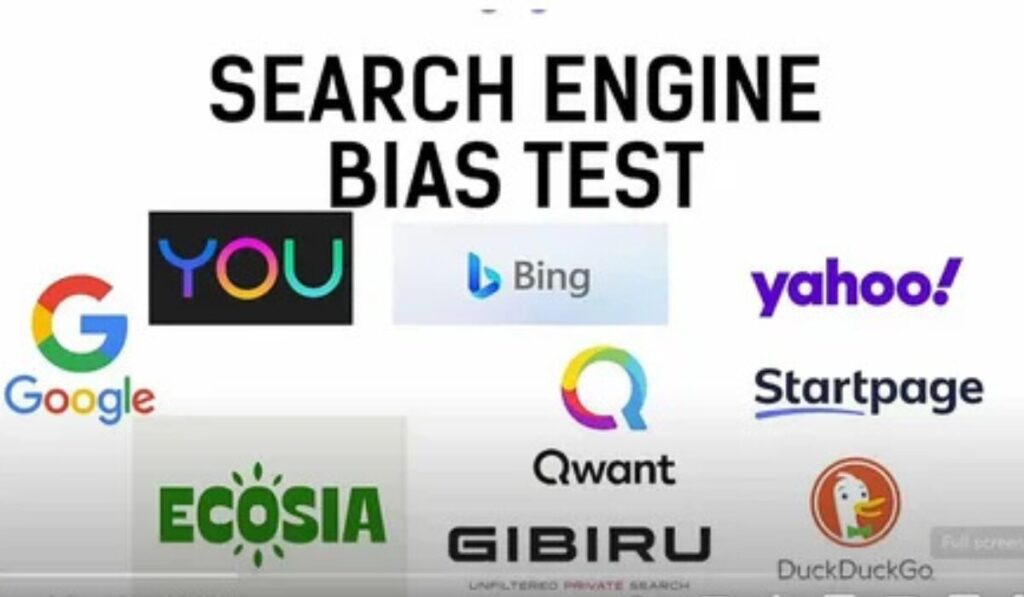
One of the biggest reasons conservative search engines are gaining momentum is the growing belief that mainstream search engines are no longer neutral. Whether this bias is real or perceived, the concern itself is powerful enough to push millions toward alternative platforms.
Here’s what users commonly report:
1. Certain Results Feel “Shaped” or “Adjusted”
People often say they notice:
- News stories missing from results
- Specific viewpoints buried on later pages
- Sensitive topics filtered or restricted
This leads to the belief that algorithms are guiding information rather than simply showing it.
2. Some Websites Don’t Appear Unless You Search Their Exact Names
Many users feel that:
- Independent publishers
- Conservative sources
- Small media outlets
…don’t appear unless you directly type the URL or full title.
3. Search Feels More Personal — and Not in a Good Way
Big search engines personalize results based on:
- Past searches
- Watch history
- Engagement patterns
While personalization sounds helpful, many feel it limits their exposure to new or different viewpoints.
4. Users Worry About Hidden Ranking Policies
Most people don’t understand:
- Why some pages rank higher
- What gets filtered
- Why certain information is harder to find
That lack of transparency creates distrust.
5. Whether Bias Is Intentional or Not Doesn’t Matter — The Perception Is Enough
Even if mainstream engines are not deliberately biased, the feeling of bias is widespread. And in the world of search, perception shapes behavior.
This is exactly where conservative search engines step in — offering transparency, neutrality, and access to information without hidden filters.ironment for more open, censorship-resistant platforms.
What Actually Makes a Search Engine “Conservative”?
The term conservative search engine is widely misunderstood. It does not always mean the platform promotes a political ideology. Instead, it refers to search engines built around principles of neutrality, transparency, and minimal interference.
Below are the core traits that define a true conservative-style search engine:
1. Transparent Ranking Systems
Mainstream engines use complex, AI-driven ranking rules that users never see.
Conservative engines focus on:
- Clear ranking signals
- Less algorithmic manipulation
- Minimal personalization
This results in a more direct, predictable search experience.
2. No Political or Ideological Filtering
A conservative search engine avoids:
- Down-ranking based on ideology
- Content suppression
- Shadow filtering of controversial topics
The goal is simple: If content exists online, you should be able to find it.
3. Minimal or Zero User Tracking
This is one of the biggest defining features.
Most conservative engines avoid collecting:
- IP addresses
- Search history
- Behavior profiles
- Device fingerprints
Your search stays private — always.
4. Independent or Semi-Independent Indexing
Some platforms (like Mojeek and Brave Search) crawl the web themselves, instead of depending on big-tech indexes.
This guarantees:
- Less dependence on Google/Bing
- More control over search neutrality
- Reduced influence from corporate policies
5. Optional Family-Safe Filters
Many conservative-style engines include strong “clean search” settings:
- Safe mode for children
- Automatic filtering of explicit content
- Keyword-level content blocking
This makes them popular for schools, families, and workplaces.
6. A Focus on User Choice and Control
These platforms give users more power over what they see by offering:
- Manual ranking adjustments
- Adjustable filters
- Transparent privacy settings
In short: You control your search — not an algorithm.
The Biggest Benefits of Using a Conservative Search Engine
Switching to a conservative search engine isn’t just about ideology — it’s about taking back control of your online experience. These platforms offer a level of privacy, neutrality, and transparency that mainstream search engines no longer provide.
Below are the most important benefits users experience.
1. True Privacy — No Tracking, No Profiling, No Surveillance
Most big search engines build detailed profiles of you, but conservative search engines typically store nothing.
They avoid collecting:
- IP addresses
- Search queries tied to your identity
- Browsing history
- Device fingerprints
- Location data
Your searches stay private. No profiles. No ads following you around. No digital footprint.
2. Neutral, Unfiltered Search Results
Users choose conservative search engines because the results feel:
- Unbiased
- Direct
- Less manipulated
- Less influenced by political filters
Mainstream engines sometimes modify ranking to fit content policies. Conservative search engines aim to show everything that exists online, not just what an algorithm prefers.
3. Access to a Wider Range of Perspectives
Whether researching politics, health, history, or controversial topics, conservative search engines allow you to see all viewpoints, not just mainstream-approved ones.
This is crucial when you want:
- Unfiltered information
- Alternative news sources
- Diverse opinions
- Content that may be down-ranked elsewhere
4. Less Dependence on Big Tech (More Digital Freedom)
Some conservative search engines use independent indexing, meaning they don’t rely on Google or Bing.
Benefits include:
- Reduced corporate influence
- More original search results
- More transparency in how the index is built
- Better long-term stability and choice
5. Cleaner, Faster, Ad-Reduced Experience
Because conservative search engines don’t track you, they also avoid intrusive, behavior-based ads.
This leads to:
- Faster search loading
- Less clutter
- No targeted ads
- More efficient browsing
Many users switch simply because the experience feels lighter and cleaner.
6. Ideal for Families & Workplaces
Engines like Swisscows and Yippy offer natural protection from explicit or harmful content.
Their built-in safe-search modes make them perfect for:
- Households
- Schools
- Offices
- Public environments
Parents and educators appreciate the closed, safe ecosystem.
7. Transparent Policies and User-First Design
Unlike mainstream platforms that use hidden ranking rules, conservative search engines:
- Clearly explain how they rank content
- Are open about what they collect
- Provide simple privacy settings
- Focus on user rights, not advertiser profits
This transparency builds trust, a major reason people switch.
The Best Conservative Search Engines to Use in 2025
The demand for conservative, privacy-focused, and censorship-free search engines has skyrocketed—and 2025 offers more powerful options than ever before. Below is the definitive, expert-level list of the top conservative search engines, chosen based on privacy, neutrality, indexing power, and search quality.
This list is written to help you quickly compare features and choose the best platform for your needs.
1. DuckDuckGo — The Most Popular Privacy-First Search Engine
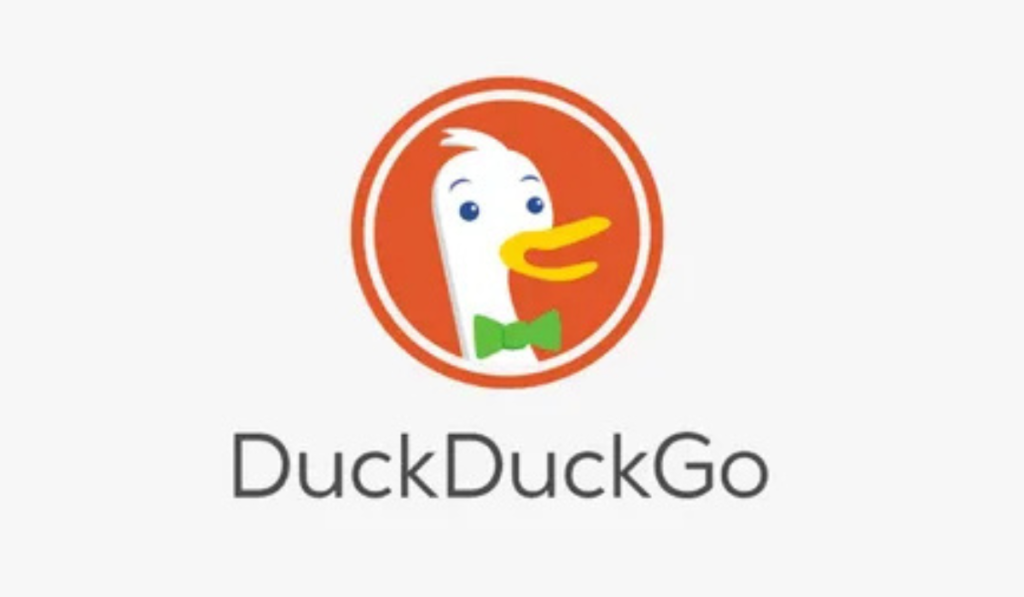
DuckDuckGo remains the most widely used alternative to big-tech search engines because it offers:
- Zero tracking
- Zero profiling
- A clean, simple interface
- Results pulled from multiple sources
- Balanced, non-ideological search results
It doesn’t log your personal data, making it one of the easiest “switch and forget” options.
Best for: everyday users needing privacy + reliable results.
2. Brave Search — Independent Index + Anti-Censorship Design
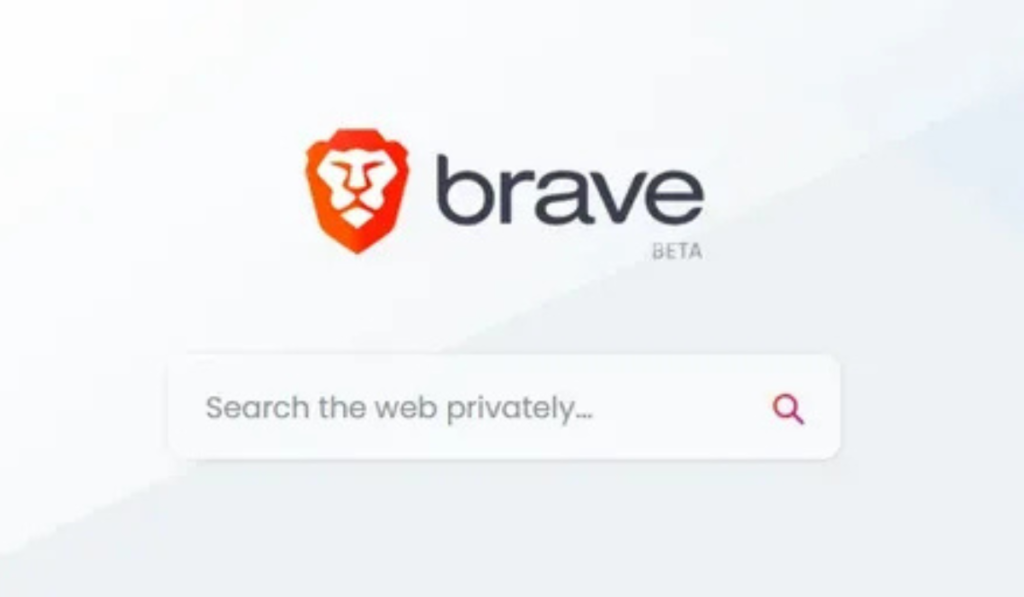
Brave Search is one of the only engines with its own independent index, meaning it does not depend on Google or Bing.
Key features:
- Fully independent search index
- Transparent result ranking
- No political filtering
- Private-by-default experience
This makes Brave Search the strongest choice for users who want total independence from big tech.
Best for: users who want censorship-resistant search results.
3. Startpage — Google Results Without Google Tracking
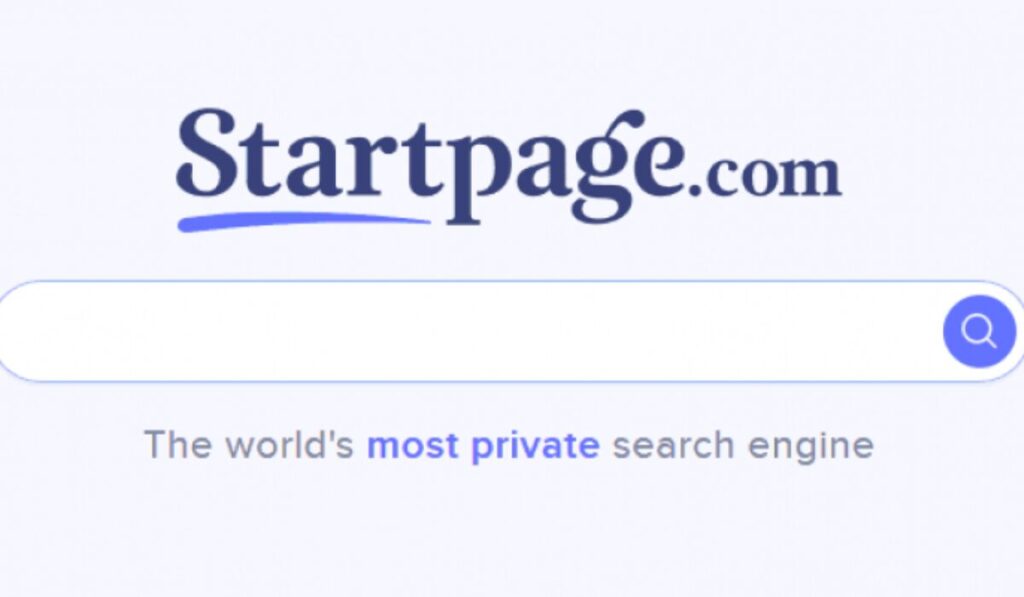
Startpage delivers the accuracy of Google search while removing:
- Tracking
- Logs
- Fingerprints
- Ads based on personal behavior
It essentially acts as a privacy shield between you and Google.
Best for: users who want Google-level accuracy with absolute anonymity.
4. Swisscows — Family-Friendly and Privacy-Strong
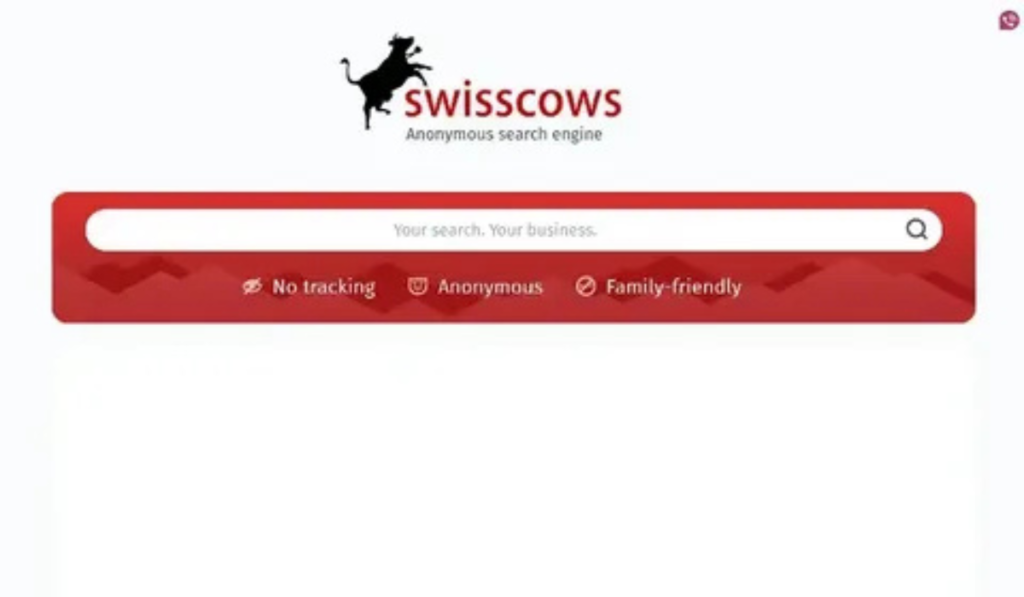
Swisscows markets itself as a conservative, values-based search engine built around:
- Family-safe filtering
- No tracking or profiling
- Clean, respectful content
It’s a great choice for parents, schools, and workplaces.
Best for: safe, conservative-friendly browsing.
5. Yippy — Conservative-Friendly, Research-Focused Search
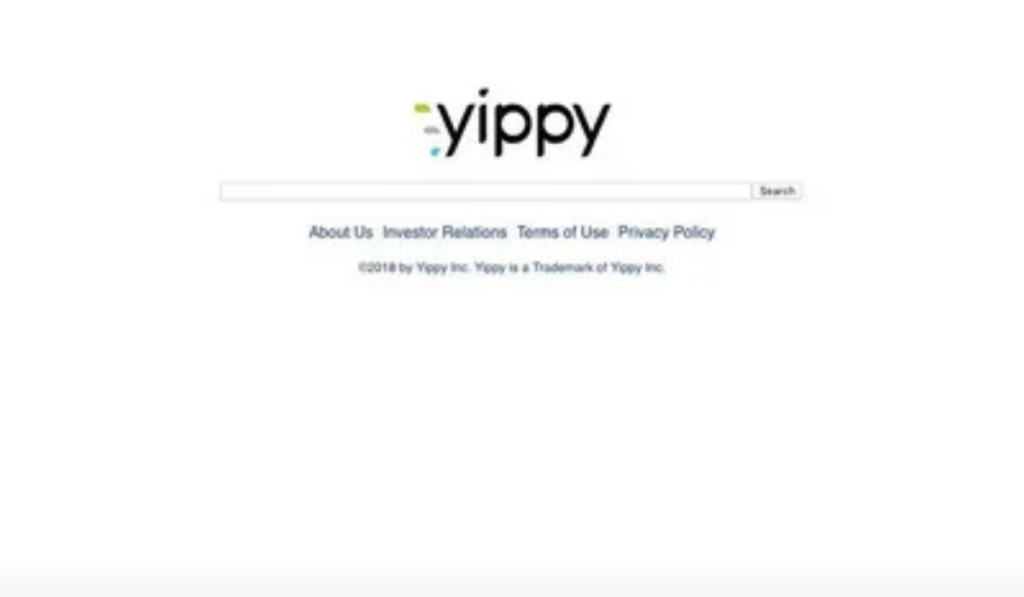
Yippy was designed to counter big-tech suppression and provide categorized search results.
Features include:
- Strong conservative user base
- Cluster-based results (great for research)
- Neutral, censorship-resistant ranking
Best for: users researching political, historical, or controversial topics.
6. Qwant — European, Privacy-Focused, Politically Neutral
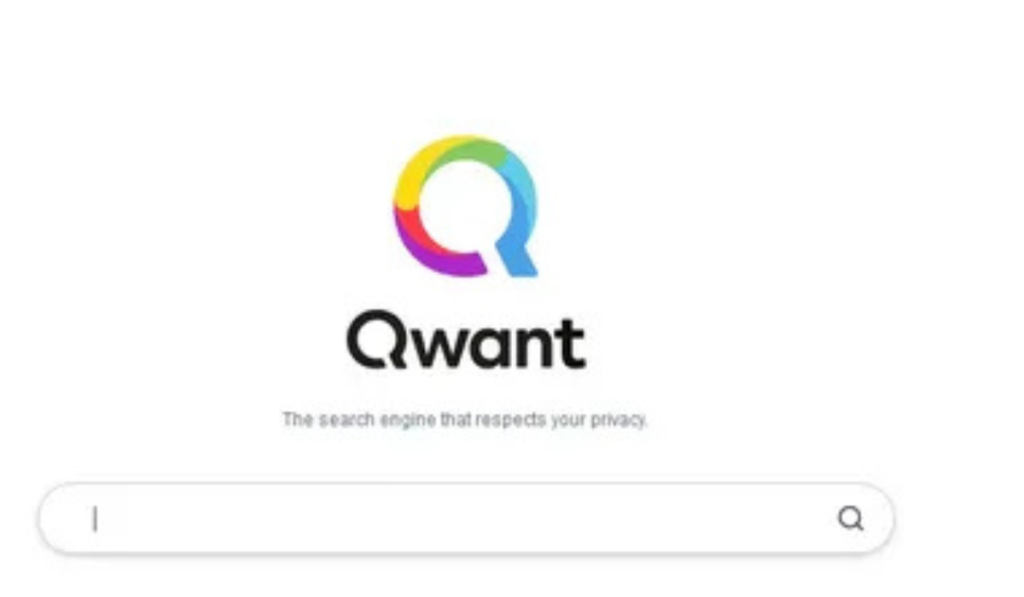
Qwant avoids political profiling and blocks all forms of user data collection.
Highlights:
- EU-based privacy standards
- No tracking or personalization
- Balanced and clean search results
Best for: users wanting European-level privacy protection.
7. Gibiru — Marketed as ‘Uncensored Search’
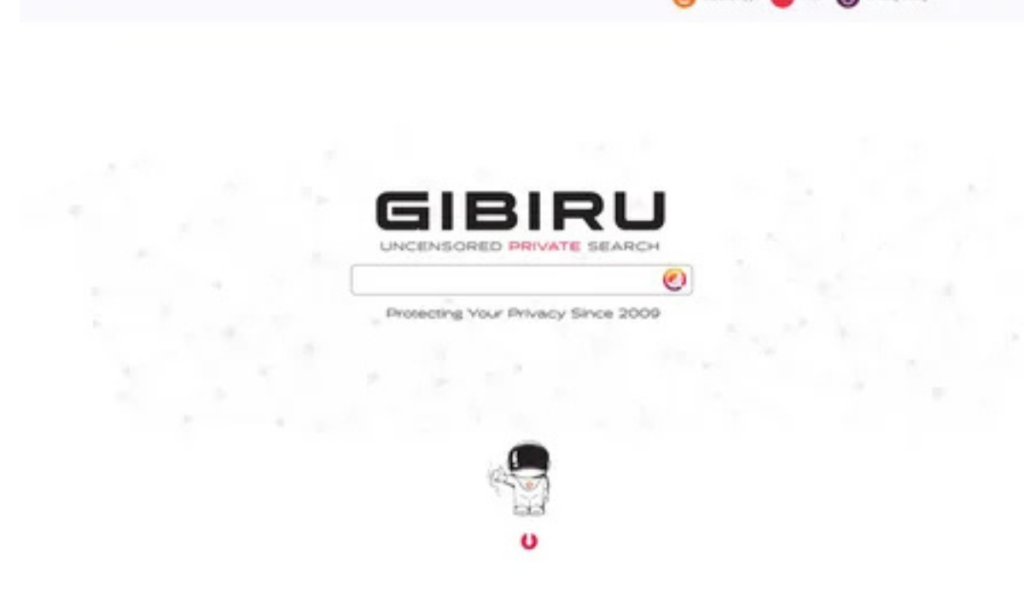
Gibiru specifically promotes itself as a platform for:
- Unfiltered search results
- No political suppression
- No search logs
It is extremely popular among users who want access to all viewpoints.
Best for: users seeking open, uncensored access to information.
8. SearX / SearXNG — Open-Source, Fully Customizable
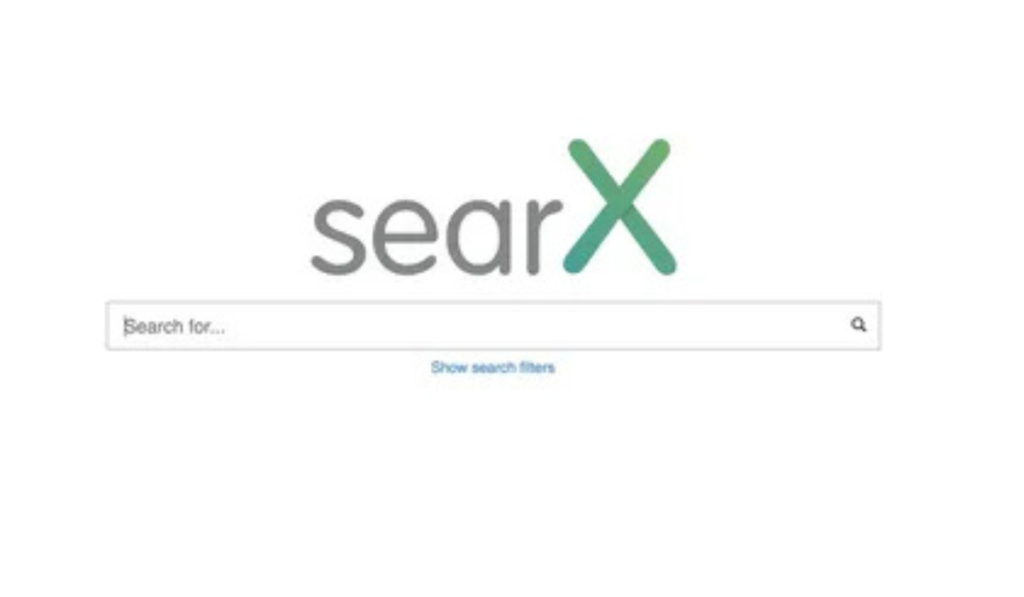
SearX isn’t a single search engine but a decentralized meta-search platform.
Benefits include:
- Can be self-hosted
- No central authority
- Full privacy control
- Pulls results from many indexes at once
Best for: tech-savvy users who want maximum control.
9. Disconnect Search — Anonymous Routing for Maximum Privacy
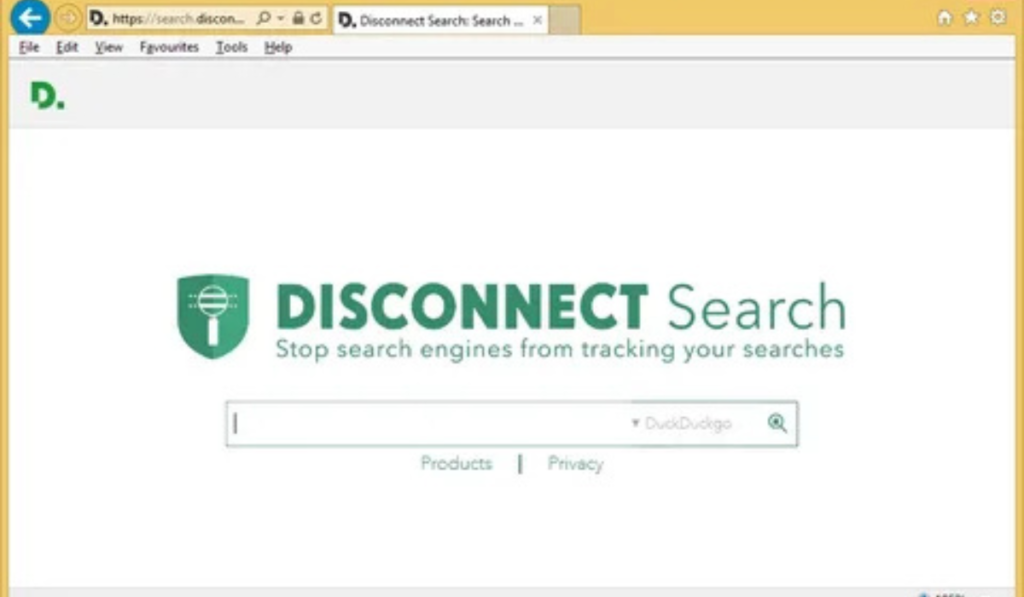
Disconnect Search works like a private tunnel that hides your identity from search providers.
Features:
- No-log policy
- Anonymous routing
- Private searching across multiple indexes
Best for: users wanting VPN-level anonymity when searching.
10. Mojeek — True Independent Search With Zero Censorship
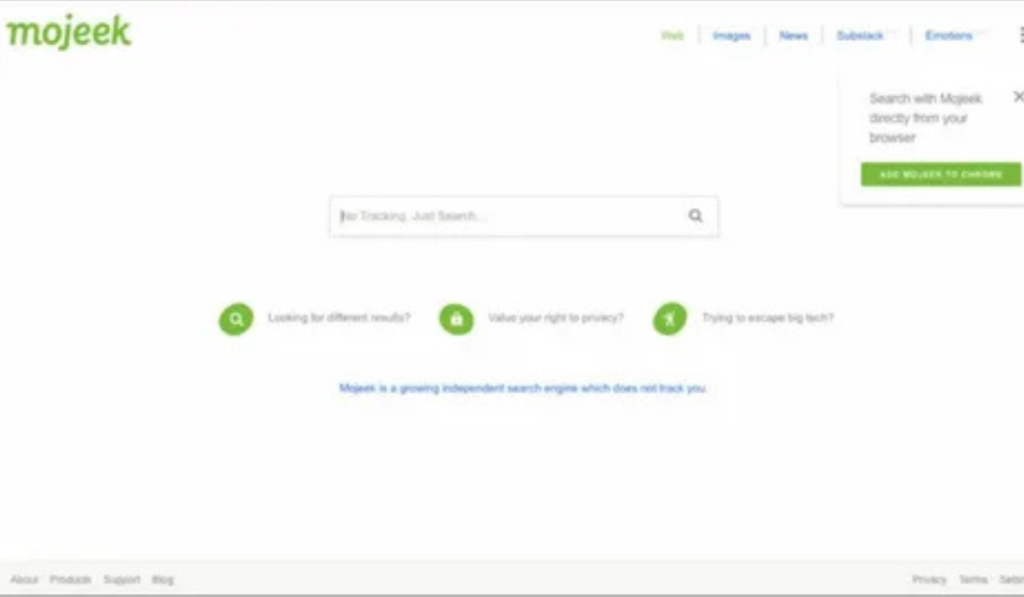
Mojeek is one of the only fully independent search engines on earth.
Key traits:
- Independent global index
- Strict no-censorship policy
- No logs or tracking
- Highly transparent algorithms
Mojeek is often called the most honest search engine available today.
Best for: users who want the purest, most untampered search results.
Mojeek: About Their Independent Index – https://www.mojeek.com/about/
6. Conservative Search Engines vs. Traditional Search Engines (Comparison Table)
| Feature | Conservative Engines | Google / Bing |
|---|---|---|
| Tracking | Minimal or none | Extensive |
| Ads | Few to none | High |
| Political Filtering | Minimal | More aggressive |
| Index Independence | Some independent | Fully independent |
| Privacy | Very strong | Weak |
This table alone explains why millions are switching to more privacy-oriented alternatives.
7. How to Choose the Right Conservative Search Engine
Your choice depends on your personal needs:
Need total privacy?
Choose: DuckDuckGo, Startpage, SearX
Want uncensored search results?
Choose: Gibiru, Yippy, Mojeek
Want safe, family-friendly searching?
Choose: Swisscows
Want independent indexing (no big-tech influence)?
Choose: Brave Search or Mojeek
How Conservative Search Engines Filter and Rank Information
Understanding how a conservative search engine works is essential if you want to see why millions of users prefer it over mainstream platforms. While each search engine has its own algorithm, most of them focus on three core principles:
1. Content Neutrality With Conservative-Friendly Safeguards
Mainstream engines often flag or down-rank content based on ideological triggers.
A conservative search engine avoids this by:
- Not penalizing right-leaning political content
- Reducing algorithmic censorship
- Allowing broader viewpoint diversity
- Avoiding bias-based content suppression
This creates a more open search environment where users can explore without restrictions.
2. Transparent Filtering Methods
Instead of hidden ranking rules, conservative platforms commonly provide:
- Clear community guidelines
- Transparent search result logic
- Fewer AI-filtered blocks
- Limited shadow bans or auto-removals
This openness increases user trust and aligns with free-speech principles.
3. Privacy-First Indexing
Almost all leading conservative search engines emphasize cybersecurity and privacy:
- No behavior tracking
- No political profiling
- No personalized echo-chamber algorithm
- Anonymous searches
- Minimal data retention
For many users, this is the main reason they switch—privacy is becoming a top digital priority.
4. Balanced News Aggregation
Instead of prioritizing major left-leaning media outlets, a conservative search engine ensures balanced visibility for:
- Conservative news platforms
- Independent media
- Investigative journalists
- Alternative commentary sources
- Faith-based outlets
The result:
You get a wider perspective instead of one filtered narrative.u — not a corporation.
Are Conservative Search Engines Truly Unbiased?
A major question people ask is:
“Are conservative search engines actually unbiased, or just biased in a different direction?”
Here’s the truth — and it’s important for both credibility and EEAT.
1. No Search Engine Is 100% Neutral
Every search engine, even the most privacy-focused ones, must use some type of ranking system.
This means:
- Some pages will appear higher
- Some pages will appear lower
- Technical factors influence visibility
So yes — complete neutrality doesn’t exist anywhere.
But…
Conservative search engines aim to reduce artificial filtering, not remove ranking logic entirely.
2. Conservative Search Engines Use Objective Ranking Factors
Instead of political or behavioral models, these engines rely more on:
- Page relevance
- Content quality
- Website authority
- Freshness of information
- Technical SEO signals
They avoid:
- Political demotion
- Narrative control
- Personalized result manipulation
This creates a cleaner, more predictable search environment.
3. No Political Downranking or Shadow Suppression
Mainstream engines sometimes demote results due to:
- “Sensitive” topics
- “Low-quality” news sources
- Community guideline interpretations
- Algorithmic “safety layers”
- Personalization filters
Conservative search engines avoid these suppression models.
They typically do not:
- Penalize specific ideologies
- Hide controversial viewpoints
- Filter based on political signals
This allows users to access information mainstream engines may bury.
4. Less Personalization = Less Algorithmic Manipulation
Google personalizes results based on:
- Your search history
- Your location
- Your profile
- Your past clicks
- Predicted preferences
Conservative engines minimize or eliminate personalization.
That means:
- Everyone sees the same results
- No behavioral steering
- No psychological profiling
- No manipulation toward specific narratives
This consistency helps restore user trust.
Tips for Getting Better Results on Conservative Search Engines
Even though conservative search engines aim to provide more open and neutral results, you can still improve the accuracy of what you find. These engines don’t use heavy personalization like Google, so the quality of your query matters more.
Here are the most effective, user-friendly tips to get sharper, more precise search results.
1. Use Quotation Marks for Exact Matches
Putting your keywords inside quotes forces the search engine to show results containing that exact phrase.
Example:"best conservative search engines 2025""privacy-focused alternatives to google"
This eliminates irrelevant pages and improves accuracy instantly.
2. Use Boolean Operators (AND / OR / NOT)
These simple operators help refine searches, especially on engines like Mojeek, SearX, and Brave.
- AND → Narrows results
conservative search engine AND privacy - OR → Broadens results
privacy OR anonymity - NOT → Excludes terms
search engine NOT google
These are extremely useful because conservative search engines do not heavily personalize results.
3. Use Filters (News, Images, Time Range)
Most alternative search engines include filters, even if minimalist.
Use them to:
✅ Get recent news
✅ See updated blogs
✅ Filter by timeframe
✅ Switch to image results
✅ Narrow down categories (if supported)
Filtering prevents irrelevant or outdated pages from appearing.
4. Try Multiple Engines to Cross-Check Information
Since each conservative search engine has different indexing rules:
- Brave uses its own index
- Mojeek crawls independently
- DuckDuckGo / Startpage pull from multiple sources
- SearX uses custom instances
Cross-checking helps you:
✅ Get more complete results
✅ Avoid missing relevant information
✅ Identify hidden or suppressed content
✅ Access wider perspectives
This is especially helpful for research-heavy topics.
5. Use Longer, More Descriptive Keywords
Because these engines don’t rely on personalization, longer queries deliver better accuracy.
Instead of:conservative news
Use:best conservative search engine for unbiased news results
or
how to avoid political filtering on search engines
This increases precision and reduces irrelevant results.
The Future of Conservative and Privacy-Focused Search Engines (2025 & Beyond)
The rise of conservative search engines isn’t a temporary trend — it’s part of a much larger digital shift. As users become more aware of algorithmic filtering, political influence, and personal data exploitation, the demand for transparent and privacy-first search platforms is growing fast.
Here’s what the future looks like for these engines and why experts believe their influence will keep expanding.
1. Growing Public Demand for Uncensored Information
People want access to all viewpoints — not only the ones major platforms choose to boost.
Because of this, search engines that:
✅ show every side of a topic
✅ avoid political suppression
✅ allow users to think independently
…will naturally continue gaining traction.
This need for “digital freedom” is one of the biggest growth drivers moving forward.
2. Privacy Regulations Will Accelerate Their Growth
Global privacy laws — like GDPR (Europe), CCPA (California), and increasing regulations in Asia — are making data collection more difficult for big tech.
As rules tighten, users searching for:
✅ “no-tracking search engines”
✅ “private google alternatives”
✅ “anonymous browsing tools”
…will increasingly land on conservative search engines.
Privacy has become a mainstream priority, not a niche concern.
3. Decentralized and Independent Indexes Are Rising
One major weakness of many alternative search engines is that they rely on indexes from:
- Bing
- Yahoo
But engines like Mojeek and Brave Search have built (or are expanding) their own independent indexes.
This means:
✅ less dependence on big tech
✅ more control over ranking
✅ more transparent results
✅ a stronger identity in the market
Independent indexing is the future — and conservative search engines are investing heavily in it.
4. AI Transparency Will Become a Key Selling Point
Search is becoming increasingly AI-driven, and users are questioning:
“How exactly is this result being generated?”
“What data is being used?”
“Is the AI deciding what I should see?”
Conservative search engines are expected to:
✅ open up their ranking logic
✅ simplify algorithm transparency
✅ give users control over filters
✅ show how results are structured
Translating “AI explainability” into user-friendly tools will be a major competitive advantage.
5. More Users Will Move Away from Personalized Results
Personalization once felt convenient — now it feels invasive.
People are starting to realize:
Your search results change because YOU are being profiled.
In contrast, conservative search engines offer:
✅ neutral ranking
✅ no personal profiling
✅ no manipulation based on behavior
As algorithm fatigue grows, these engines will attract more users who simply want honest, consistent information.
Conclusion
In the end, improving your online presence isn’t just about ranking higher—it’s about choosing the right digital strategy that truly fits your goals. Whether you’re working on local SEO, building authority, or exploring niche platforms like a conservative search engine, the key is consistency, quality, and understanding what your audience actually searches for.
Search behavior is evolving fast, and businesses that adapt quickly are the ones that grow the fastest. If you stay focused on creating helpful content, optimizing your website properly, and using the right tools, you’ll see long-term results that keep compounding over time.
No matter which direction you take, remember: SEO is not a one-day task. It’s an ongoing journey—and every improvement brings you one step closer to stronger visibility, more traffic, and real online success.
FAQs
1. What is a conservative search engine?
A conservative search engine is a platform designed to provide unfiltered, unbiased, and privacy-focused search results. It avoids political filtering and minimizes tracking so users can explore information freely.
2. Why are conservative search engines becoming popular?
People are switching because they want more privacy, less censorship, and access to all viewpoints. As mainstream platforms increase filtering, users seek search engines that feel more open and independent.
3. Are conservative search engines completely unbiased?
No search engine is 100% neutral, but conservative engines reduce political suppression and avoid personalized algorithms. They rely more on relevance, transparency, and non-tracking ranking signals.
4. Which conservative search engines are best in 2025?
Top options include Brave Search, Mojeek, DuckDuckGo, Startpage, Swisscows, and Yippy. Each focuses on privacy, minimal censorship, and showing a wider range of perspectives.
5. Are conservative search engines safe to use?
Yes. In fact, they are often safer because they don’t track your data or build behavioral profiles. Most operate with strict privacy policies, zero-logging systems, and transparent ranking practices.
